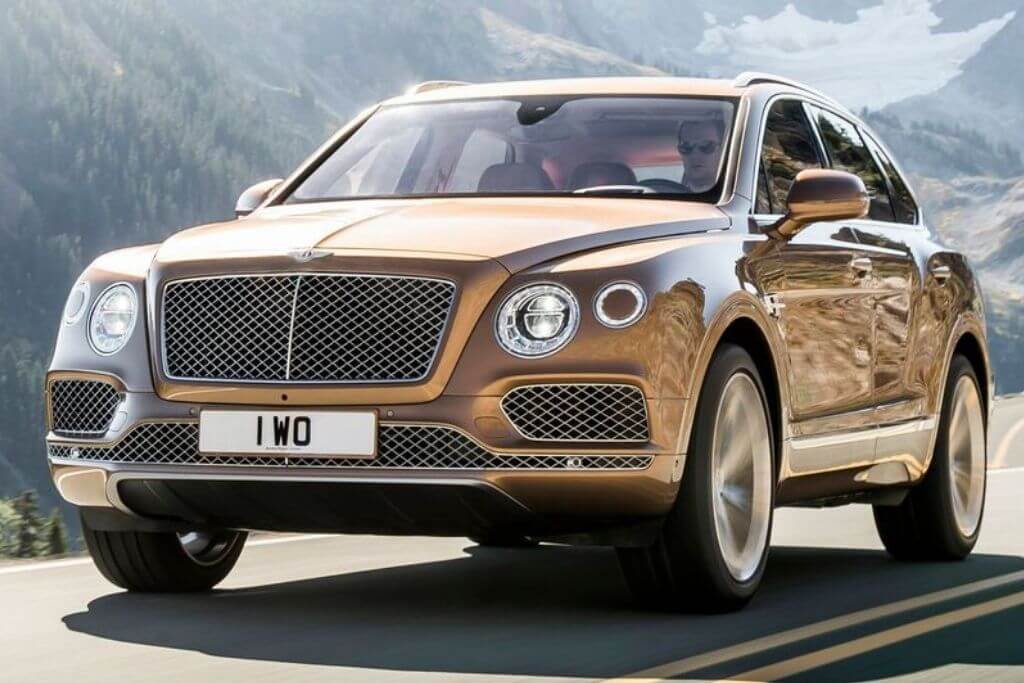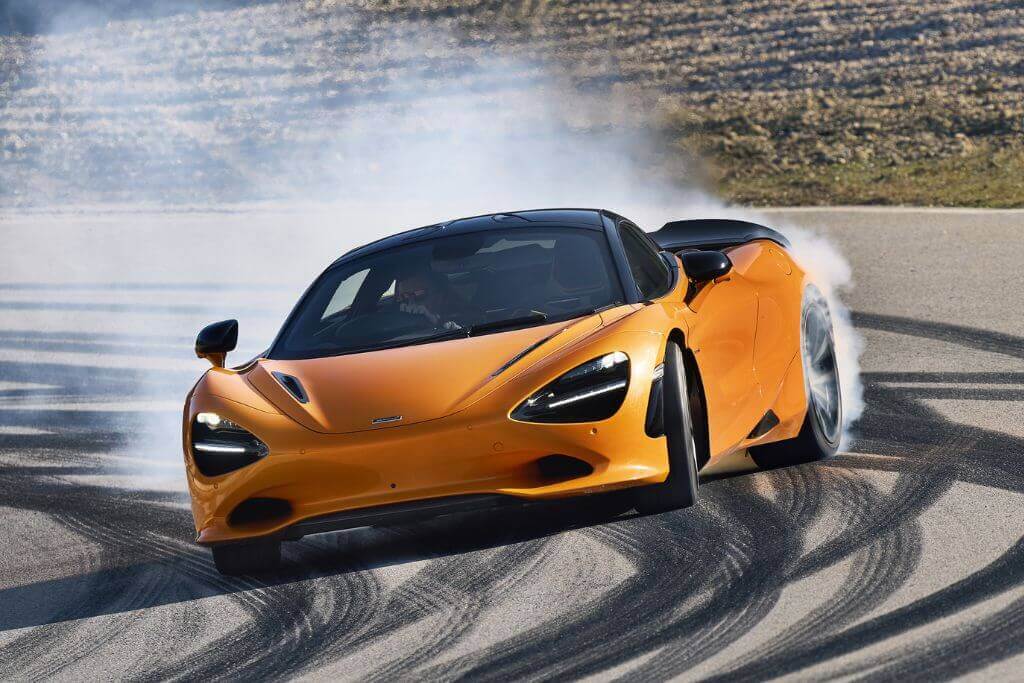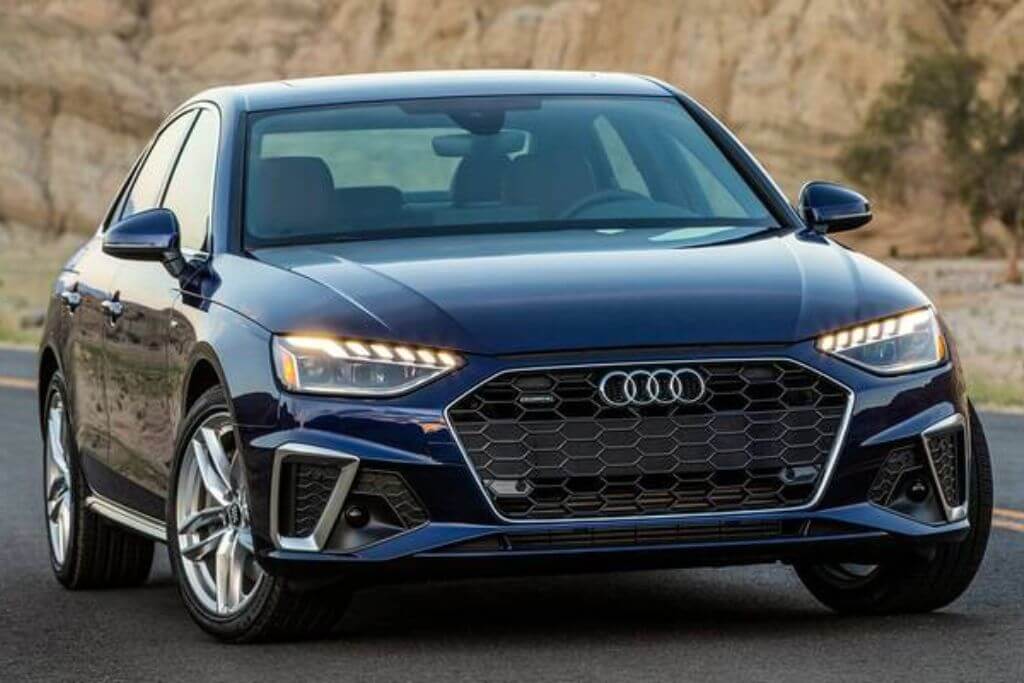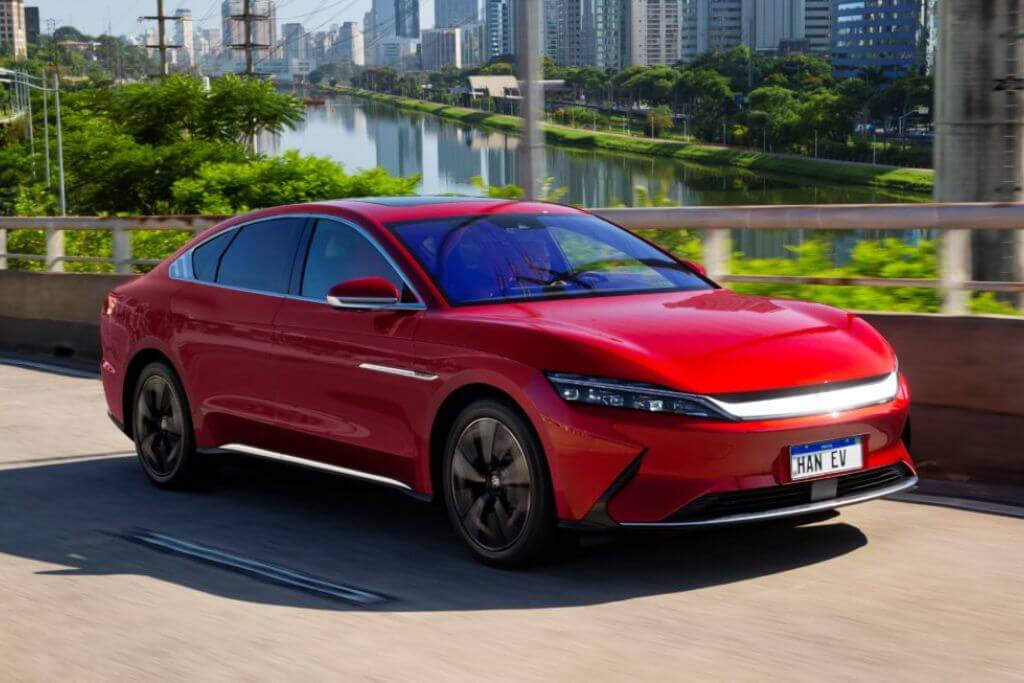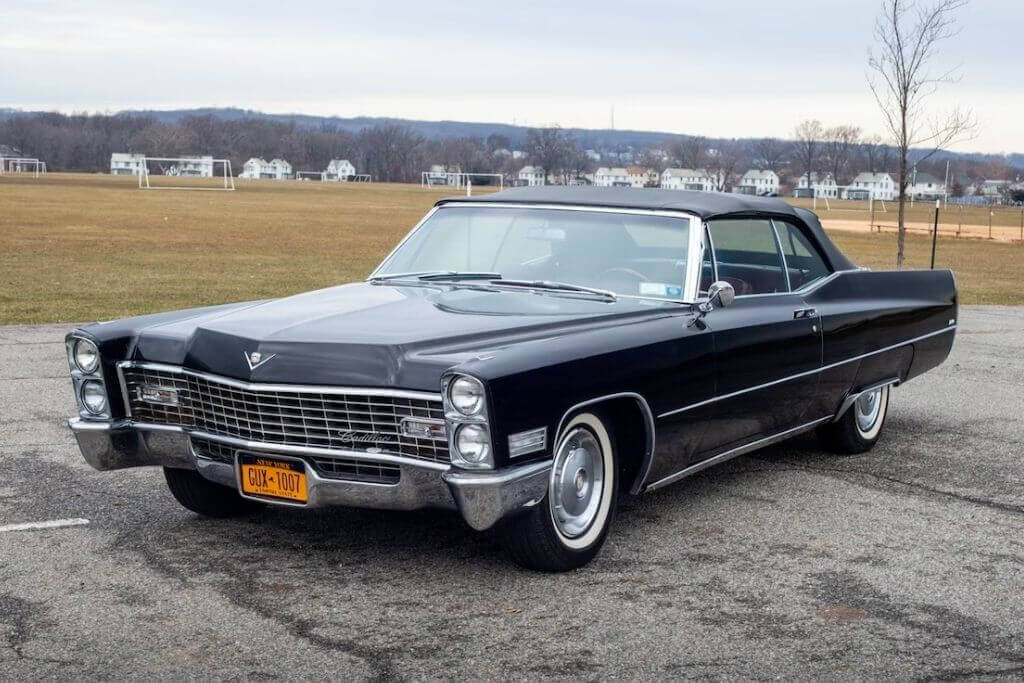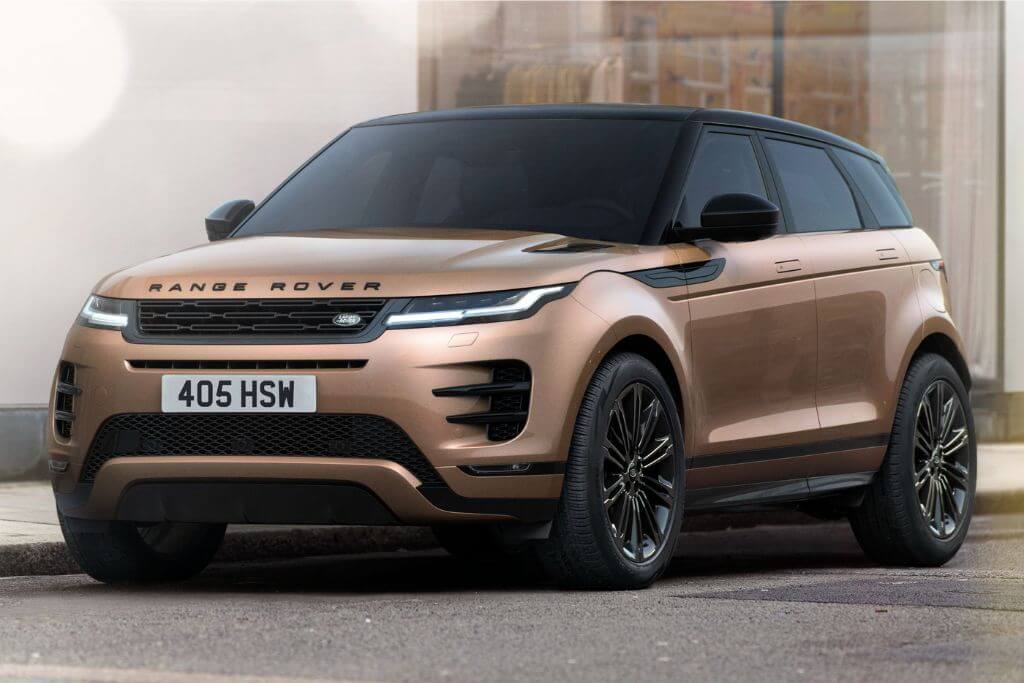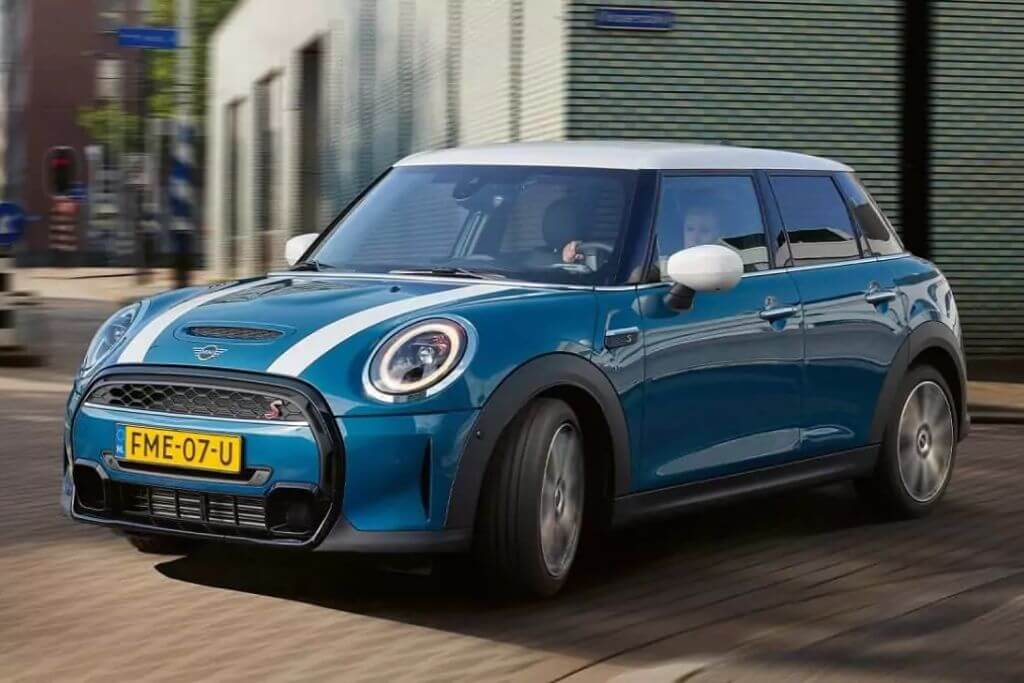Find out more about the history of Toyota, the car company that launched itself on the market with passenger cars, commercial vehicles and luxury vehicles.
Adverts
Toyota Motor Corporation, founded in 1937 by Kiichiro Toyoda in Japan, is a renowned car manufacturer with a rich and influential history.
Starting its operations with the production of low-cost cars, the company progressively expanded its product range to include passenger, commercial and luxury vehicles. Kiichiro Toyoda, after studying automotive production methods in the United States and Europe, proposed establishing a car division within the family business.
In 1933, Toyoda Automatic Loom Works began developing its first car, the Model AA, which was launched in 1936 as the first vehicle produced by Toyota.
Adverts
During the Second World War, the brand focussed its efforts on producing military vehicles and equipment for the Japanese government. After the conflict, the company, banned from manufacturing military vehicles, concentrated on producing cars for the civilian market.
In the 1950s, Toyota expanded internationally, exporting cars to the United States and other countries. During this decade, the company implemented the innovative "Toyota Production System", a lean production system that became a model for many industries.
In the 1970s, the company established itself as one of the leading global manufacturers, launching successful models such as the Corolla and Celica.
In the 1990s, the brand introduced the Prius, the world's first mass-produced hybrid car.
Today, Toyota is one of the largest global manufacturers of hybrid and electric cars, continuing to lead innovations in the automotive industry.
Quick Index:
Toyota: most iconic model
The Toyota Supra, an iconic sports car model produced by the brand, made its debut in 1978 and remained in production until 2002. Designed as a high-performance sports car, the Supra featured a variety of petrol engines, including in-line 6-cylinder and V6 configurations.
Throughout its history, the Supra has gained recognition for its remarkable speed, agility and stability, solidifying its position as a distinctive sports car.
You might be interested:
- Free dental implants in the Smiling Brazil Programme
- Receivables: how to claim on time
- All about the Winter Bono
The second generation, launched in 1986, introduced turbocharged 6-cylinder in-line engines, offering a choice of 4-speed automatic or 5-speed manual transmission.
The third generation, which debuted in 1993, continued the Supra tradition with turbocharged in-line 6-cylinder engines, including an impressive 320 horsepower version.
The last generation, launched in 1998, also featured turbocharged in-line 6-cylinder engines, reaching 220 horsepower.
In 2019, Toyota announced the long-awaited return of the Supra, launching the new generation the following year. Based on the BMW Z4 chassis, this new Supra is equipped with a turbocharged 3.0-litre six-cylinder engine capable of generating 335 horsepower.
The new iteration of the Supra is praised for its elegant and attractive aesthetics, consolidating its position as a model of performance and sportiness.
Toyota Corolla
The Toyota Corolla, one of the brand's most iconic models, made its debut as a compact car in 1966. Since then, the Corolla has solidified its position as one of the best-selling vehicles globally, with an impressive total of more than 44 million units sold by 2020.
Celebrated for its reliability, fuel efficiency and resale value, the Corolla stands out as a popular choice among consumers.
Offering a variety of engine and transmission options, including 4-cylinder petrol engines, manual and automatic transmissions, as well as front or all-wheel drive options, the Corolla provides versatility for its owners.
In addition, the Corolla stands out for its customisability, with a variety of options and accessory packages.
Wheels, spoilers, sound systems and a variety of other add-ons are available, allowing owners to personalise their vehicles according to their preferences.
Recognised as an affordable, economical and reliable car, the Toyota Corolla continues to be a popular choice and remains one of the brand's best-selling cars.
Curiosities
A Toyota has a fascinating history, full of curiosities that highlight its evolution and innovation over time:
Origins in Weaving: Before becoming a giant in the automotive industry, the brand began as a weaving company founded by Kiichiro Toyoda.
Name "Toyota": The choice of the name "Toyota" instead of "Toyoda" was strategic. "Toyota" was chosen because it was easier to pronounce and better suited the letters available for the brand.
Lean Production System: In the 1950s and 1960s, the company developed the revolutionary lean production system, known as the "Toyota Production System" (TPS), which became a model for many industries worldwide.
Hybrid Pioneering: In 1997, the brand launched the Prius, the world's first mass-produced hybrid car, marking a significant advance in automotive technology.
Leadership in Hybrids: Toyota is the first manufacturer to surpass the mark of 10 million hybrid vehicles produced worldwide, consolidating its position as a leader in this segment.
Autonomous Technology: The brand is recognised for its foray into autonomous driving technology, presenting the autonomous vehicle concept called Concept-i in 2017.
Sports Sponsorship: Toyota is one of the biggest sponsors of sporting events globally, getting involved in renowned competitions such as the Football World Cup and the Olympics.
Innovation in Technology: In addition to advances in hybrid and electric vehicles, Toyota is known for its lean production practices, reflected in the efficient "Toyota Production System".
You may be interested:
- Antivirus: Is it worth investing in one?
- McAfee Antivirus: Is it worth it?
- Norton Antivirus: protect your devices
Did you like this content? Share it with your loved ones and save it to your favourites for future reference.






